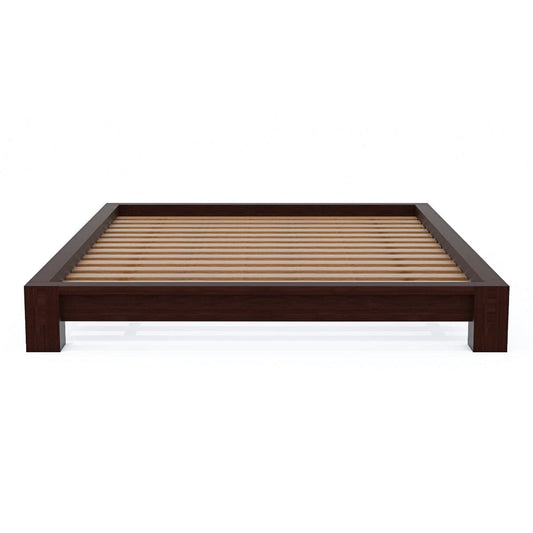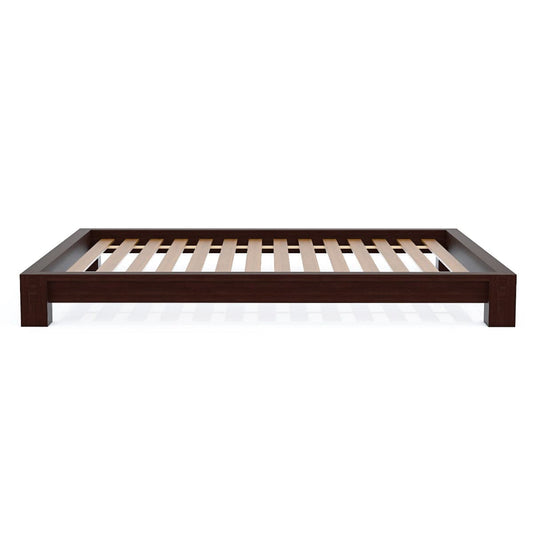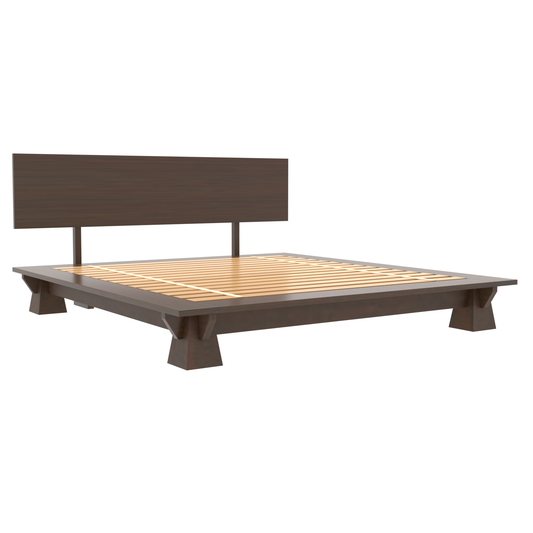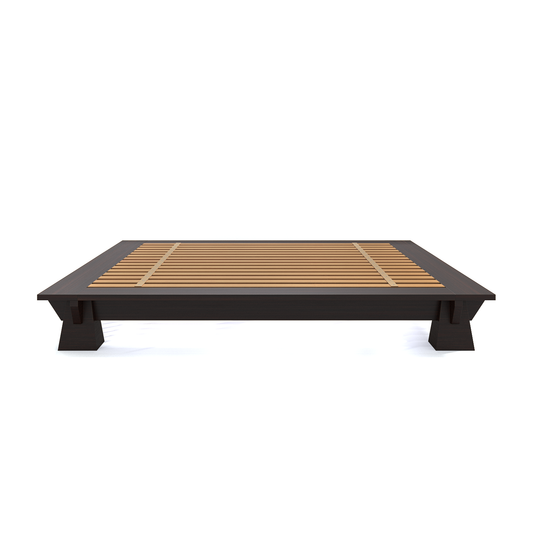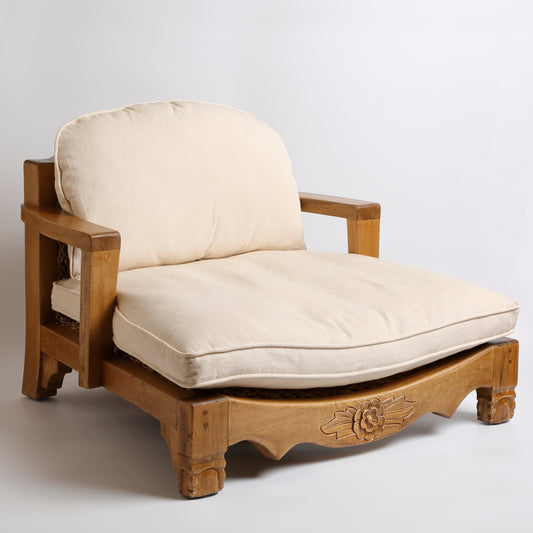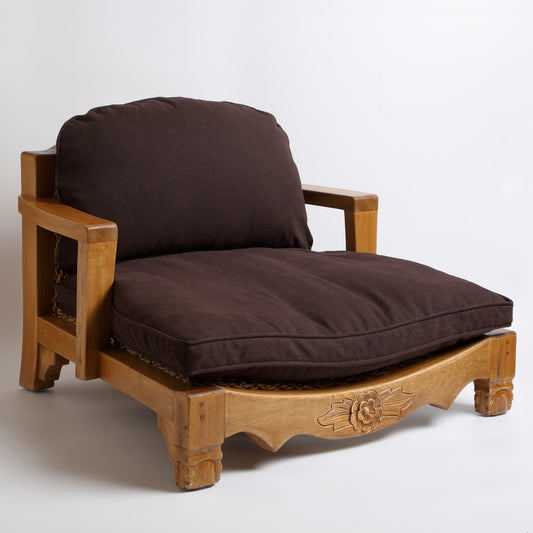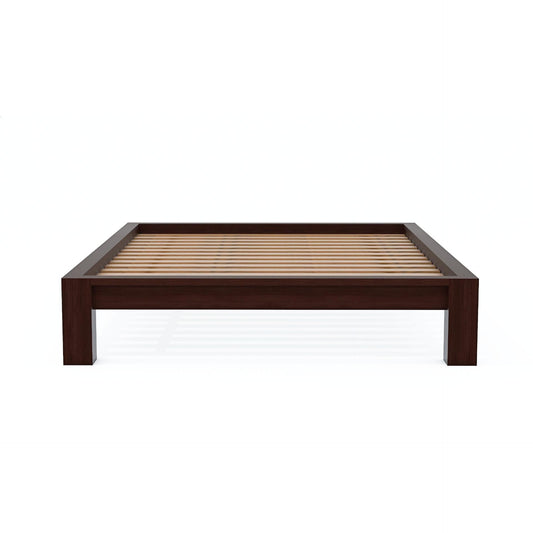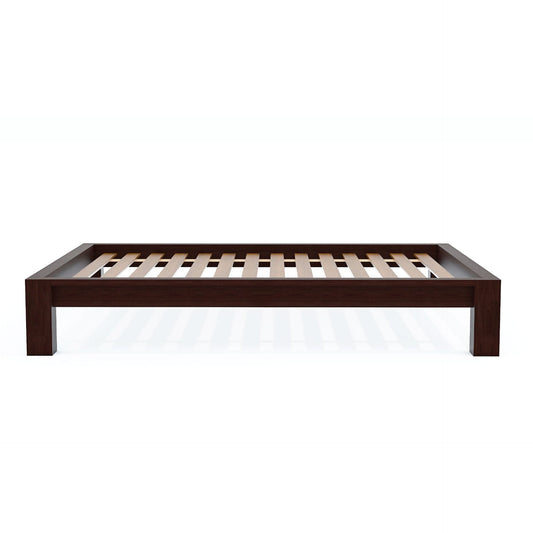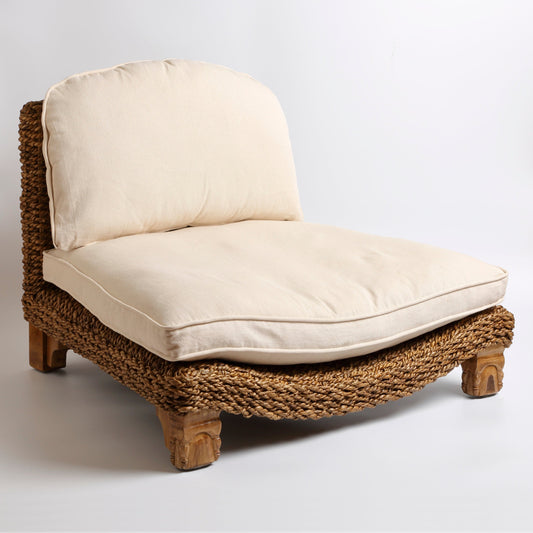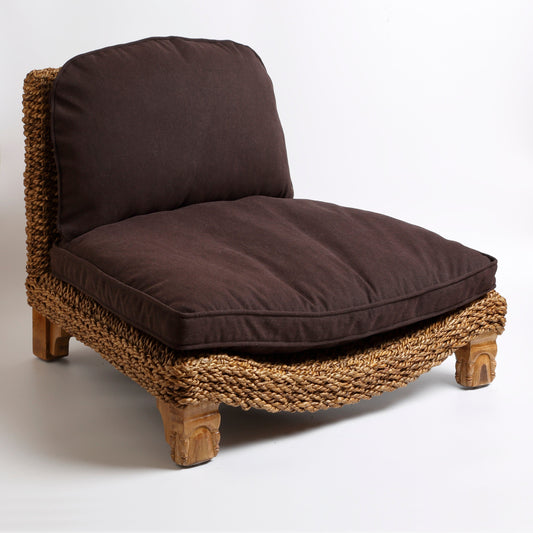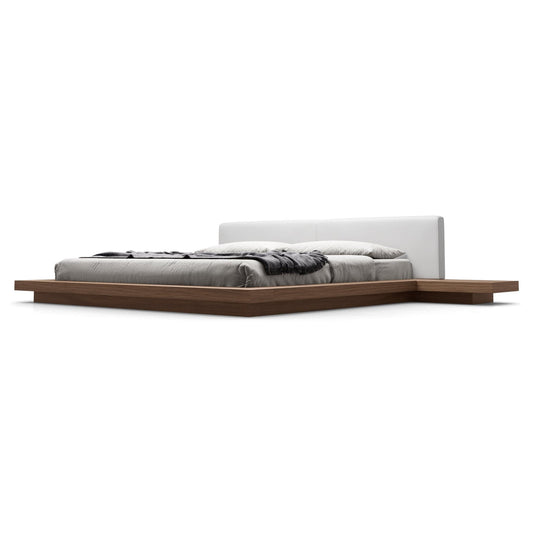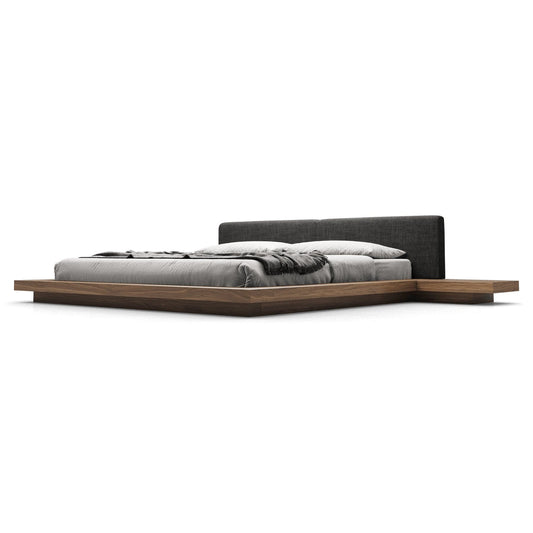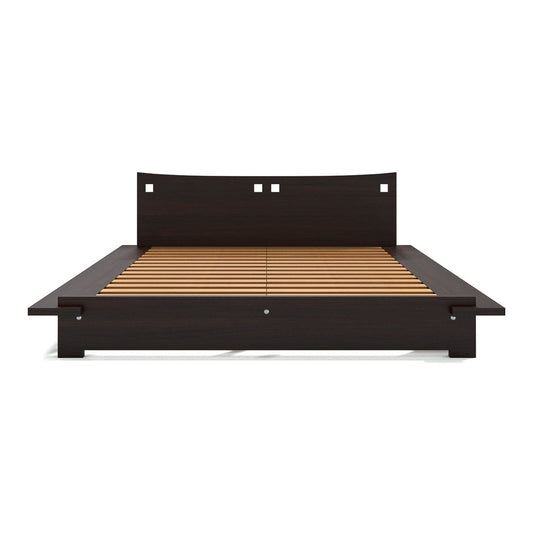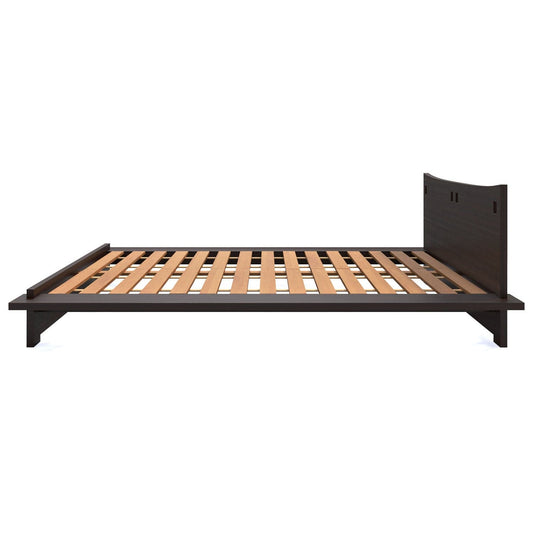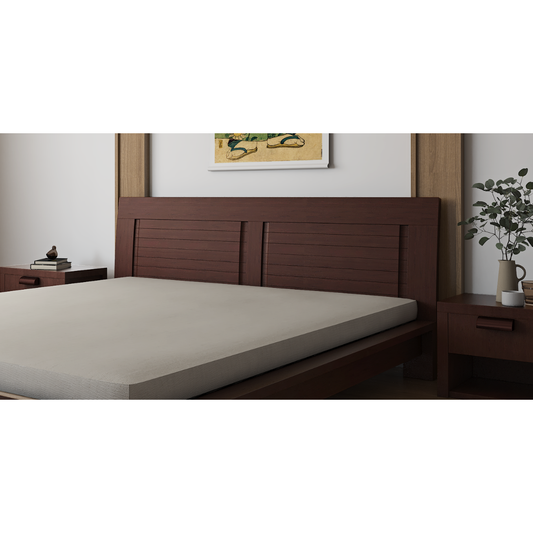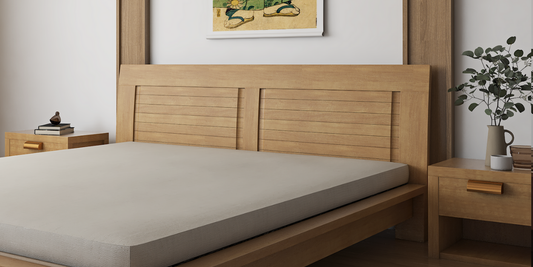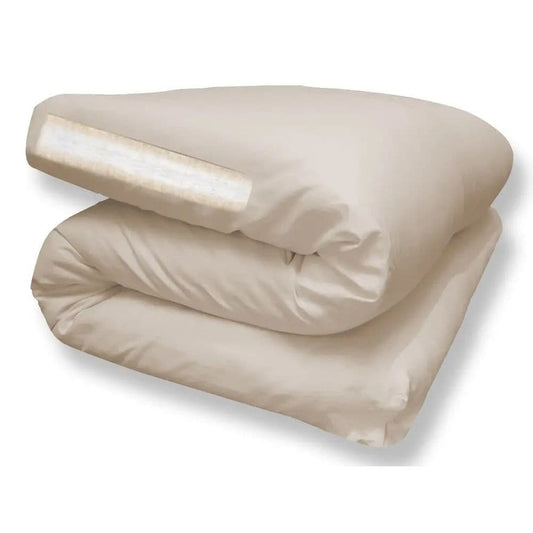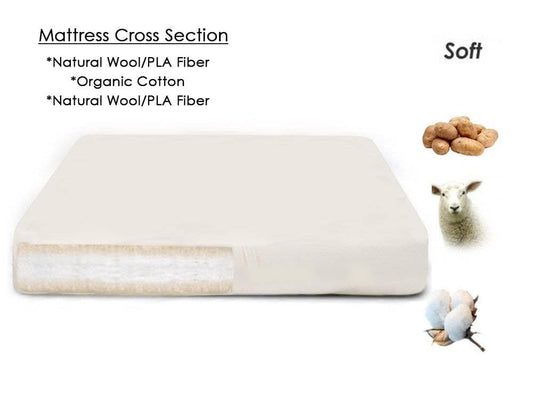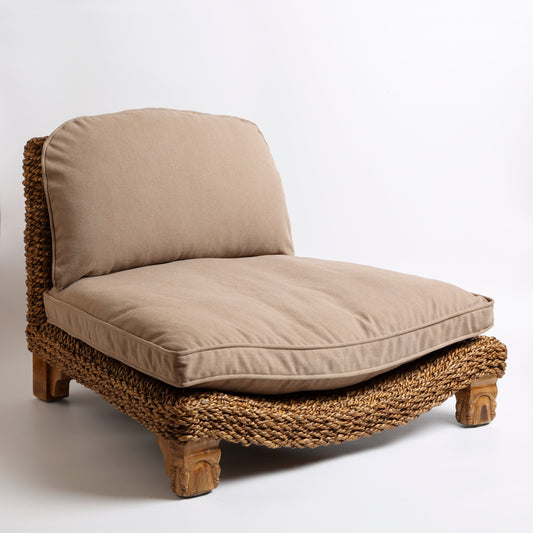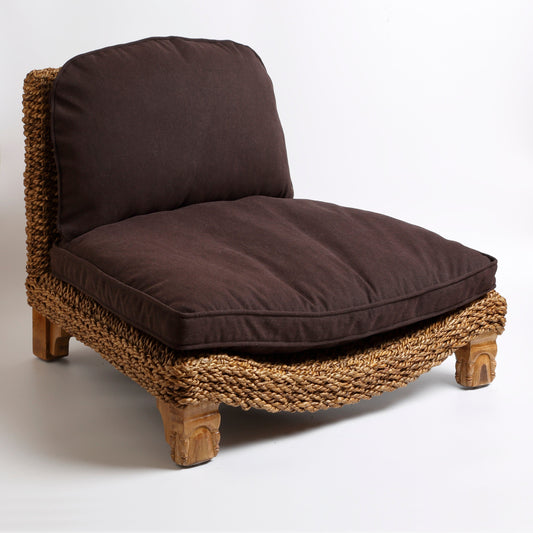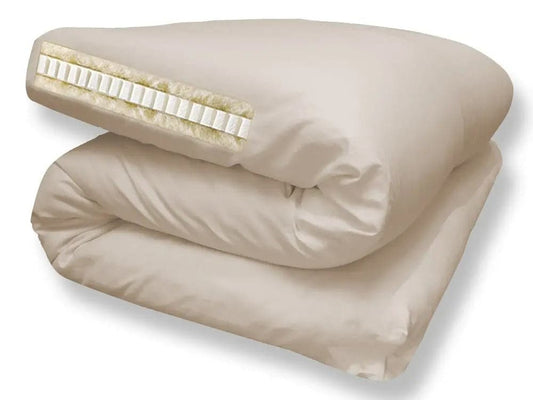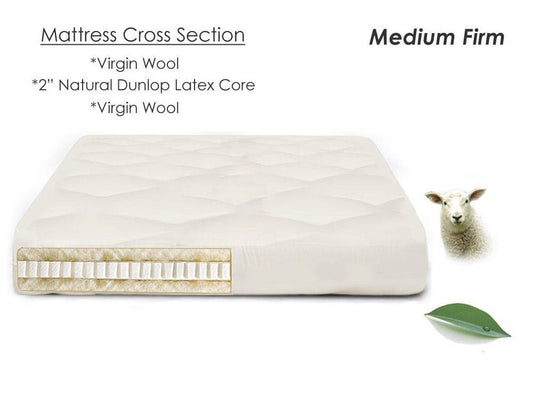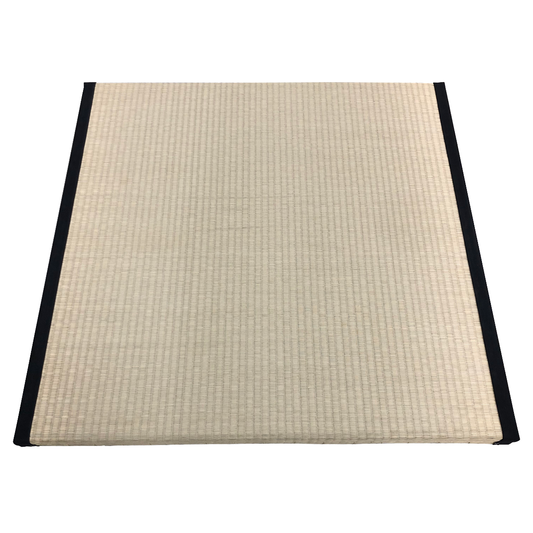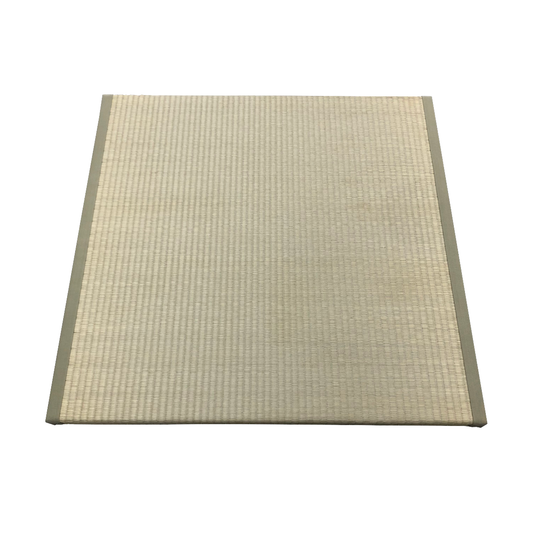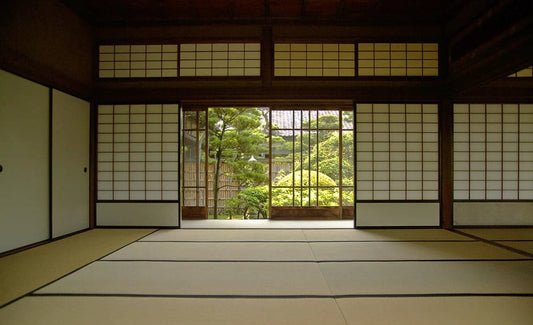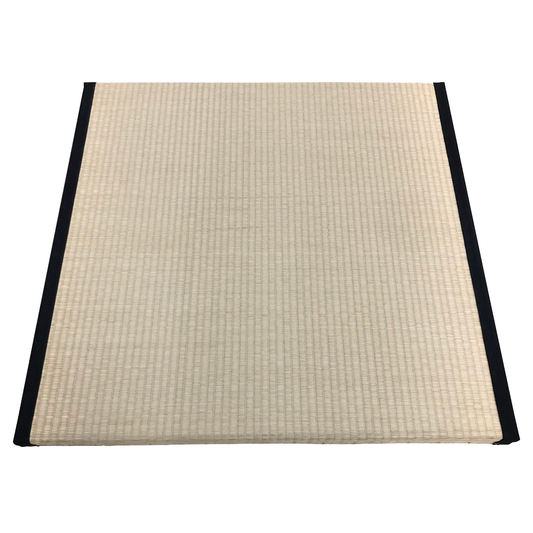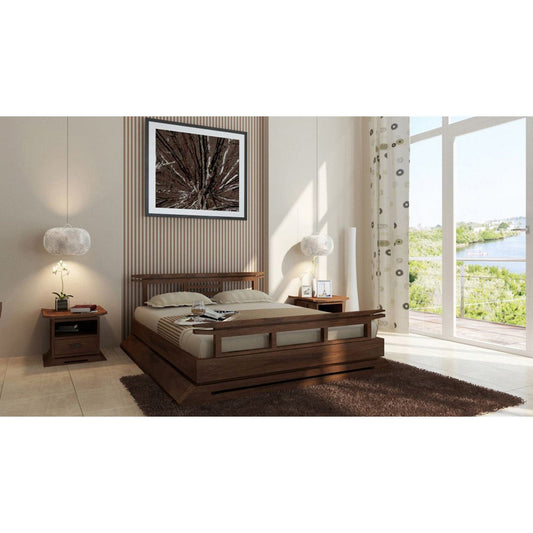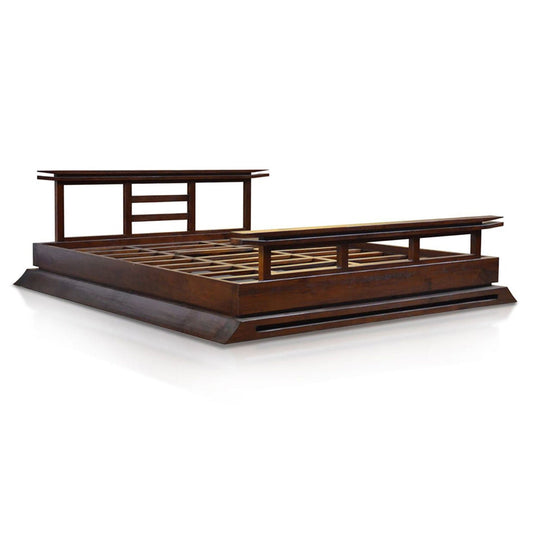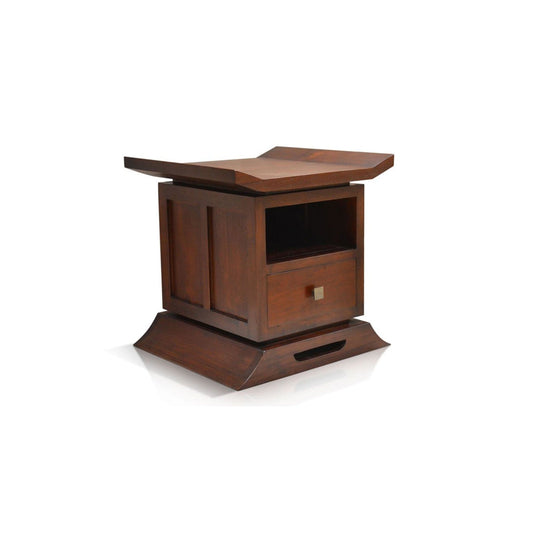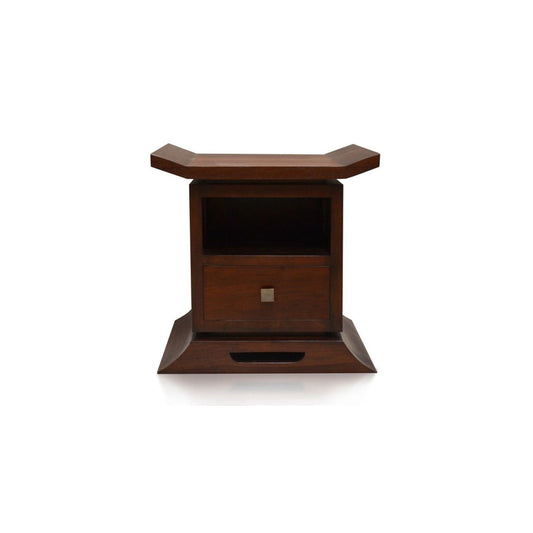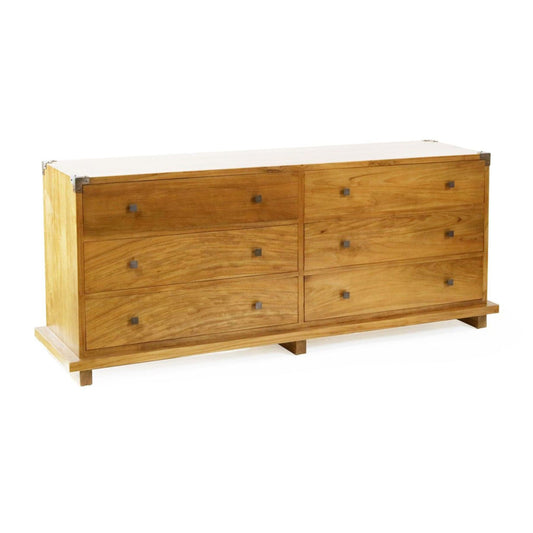Zen Modern Design
-
Raku Tatami Platform Bed
Regular price From $999.00Regular priceUnit price per$1,199.00Sale price From $999.00Sale -

 Sale
SaleRaku Nightstand
Regular price $324.00Regular priceUnit price per$424.00Sale price $324.00Sale -
Takuma Japanese Platform Bed
Regular price From $1,399.00Regular priceUnit price per$1,599.00Sale price From $1,399.00Sale -
Sattva Meditation Chair
Regular price From $479.00Regular priceUnit price per -
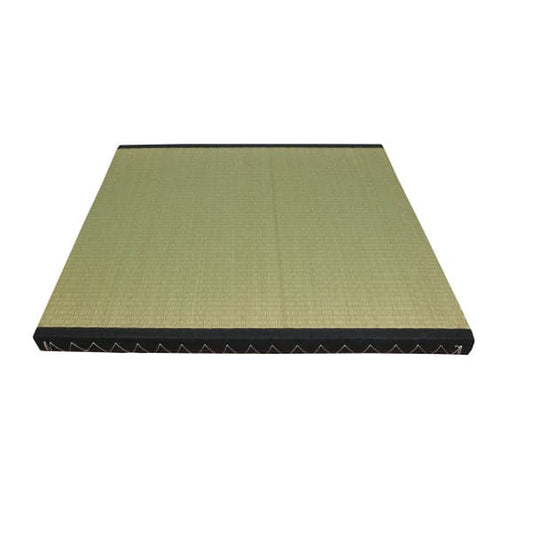
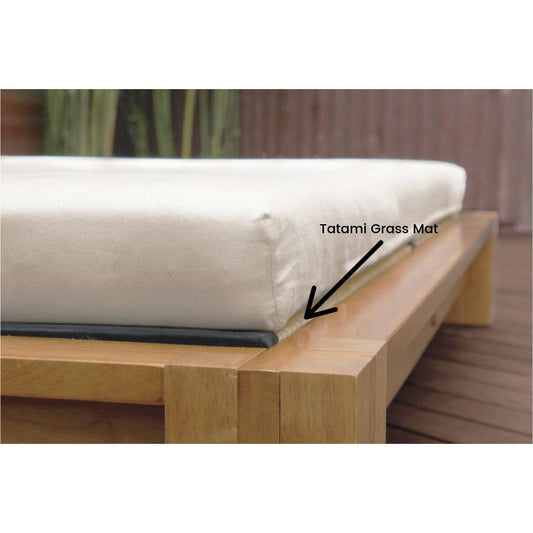 Sale
SaleRaku Tatami Mat
Regular price From $699.00Regular priceUnit price per$799.00Sale price From $699.00Sale -
Raku Tatami High Rise Bed
Regular price From $1,049.00Regular priceUnit price per$1,249.00Sale price From $1,049.00Sale -
Bodhi Meditation Chair
Regular price From $418.00Regular priceUnit price per -
Arata Japanese Platform Bed
Regular price From $2,499.00Regular priceUnit price per$2,399.00Sale price From $2,499.00 -
Tomaru Japanese Style Platform Bed
Regular price $1,699.00Regular priceUnit price per$1,899.00Sale price $1,699.00Sale -
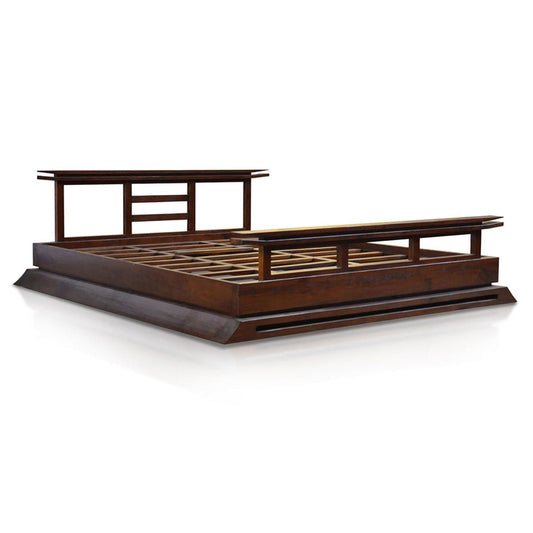
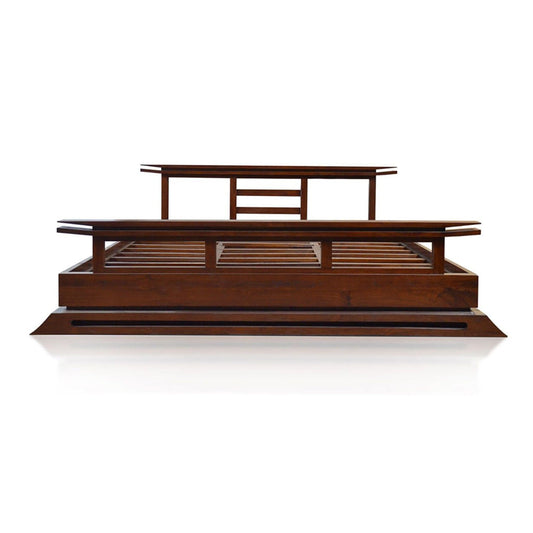 Sale
SaleKondo Platform Bed
Regular price From $2,189.00Regular priceUnit price per$3,075.00Sale price From $2,189.00Sale -
Raku Tatami Bed Headboard
Regular price From $499.00Regular priceUnit price per$599.00Sale price From $499.00Sale -
Natural Wool & Organic Cotton Shiki Mat
Regular price From $500.00Regular priceUnit price per -
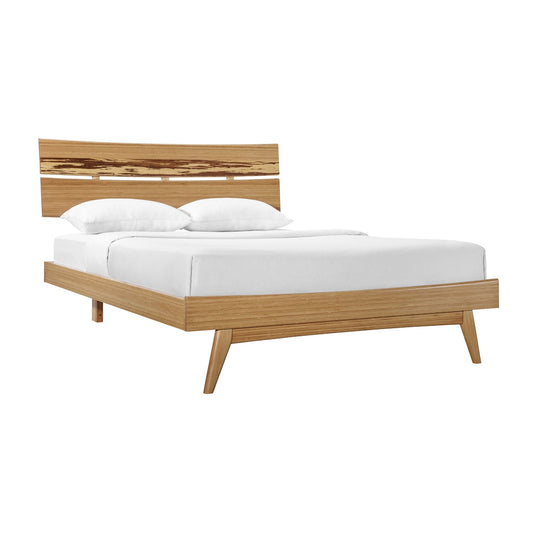
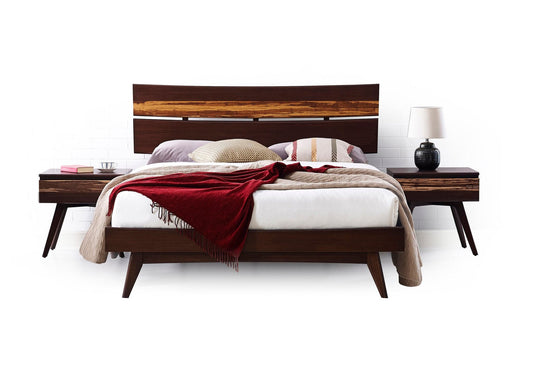 Sale
SaleAzara Platform Bed
Regular price From $1,835.00Regular priceUnit price per$2,445.00Sale price From $1,835.00Sale -
Replacement Bodhi & Sattva Cushion Covers
Regular price $89.00Regular priceUnit price per -
Natural Latex and Wool Shiki Mat
Regular price From $600.00Regular priceUnit price per -
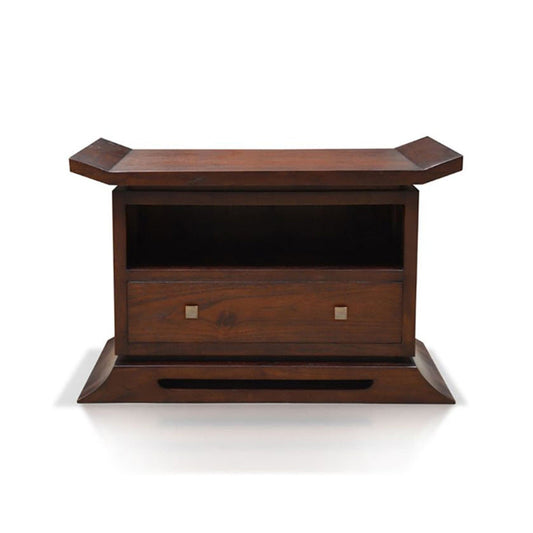
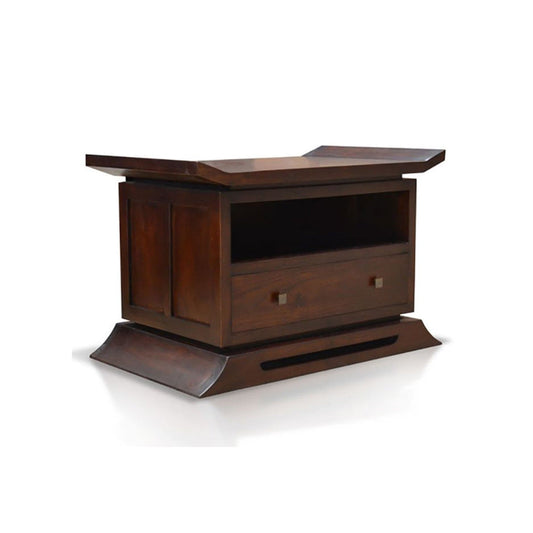 Sold out
Sold outKondo Large Nightstand
Regular price $589.00Regular priceUnit price per$825.00Sale price $589.00Sold out -
Standard Tatami Floor Mat
Regular price $599.00Regular priceUnit price per$599.00Sale price $599.00 -
Auspicious 5-Piece Tatami Mat Set
Regular price $1,999.00Regular priceUnit price per$2,735.00Sale price $1,999.00Sale -
Kondo Bedroom Set Special
Regular price From $4,409.00Regular priceUnit price per$6,540.00Sale price From $4,409.00Sale -
Kondo Small Nightstand
Regular price $509.00Regular priceUnit price per$720.00Sale price $509.00Sale -
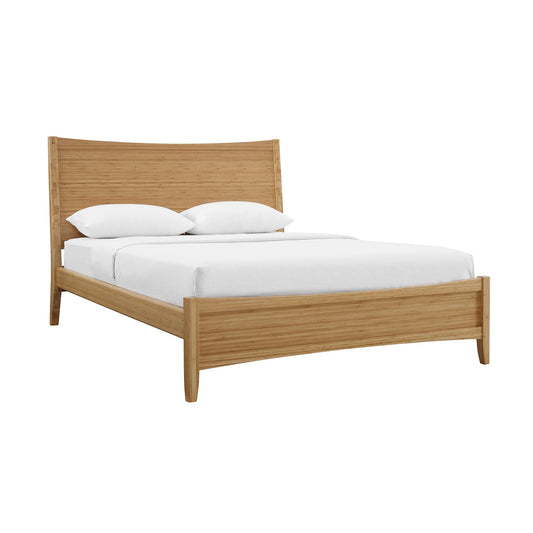
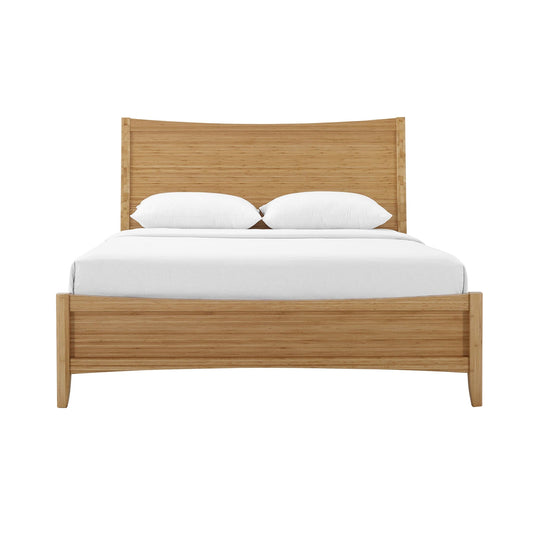 Sale
SaleWillow Platform Bed
Regular price From $1,585.00Regular priceUnit price per$2,348.00Sale price From $1,585.00Sale -
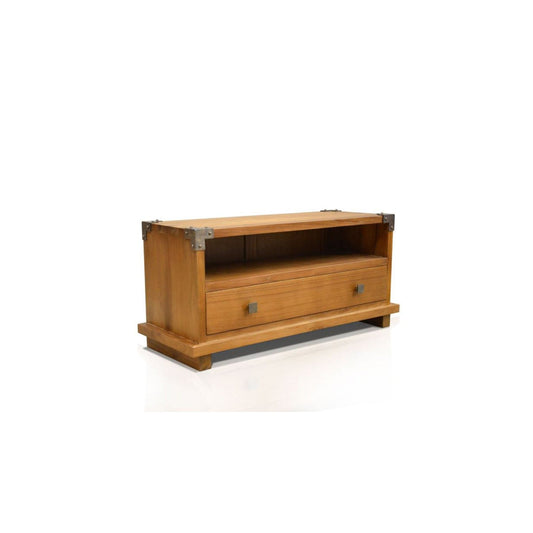
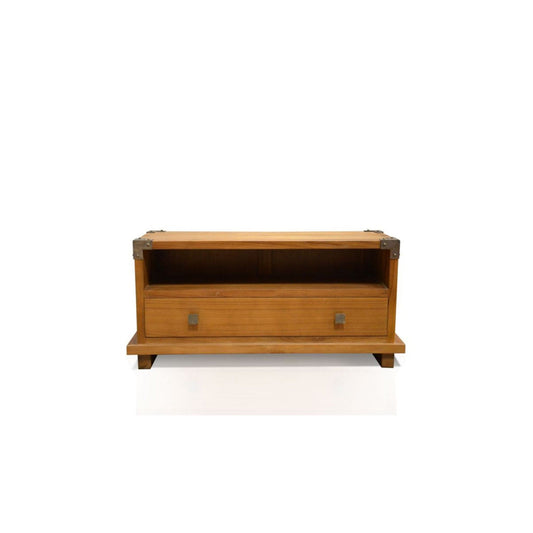 Sale
SaleKobe Nightstand
Regular price From $359.00Regular priceUnit price per$500.00Sale price From $359.00Sale -
Kobe 7-Drawer Tall Dresser
Regular price $1,649.00Regular priceUnit price per$2,320.00Sale price $1,649.00Sale -
Kobe 6-Drawer Dresser
Regular price $1,929.00Regular priceUnit price per$2,710.00Sale price $1,929.00Sale
Zen Modern Design
"Zen Modern Design" is a distinctive approach to interior design that seamlessly merges the principles of Zen philosophy and modern aesthetics, creating harmonious and balanced living spaces that foster well-being, mindfulness, and a connection to nature. This design style draws inspiration from Eastern influences, particularly Japanese and Asian design elements, while incorporating the functionality and clean lines characteristic of modern design. The essence of Zen Modern Design is to create environments that promote tranquility, health, and eco-consciousness through the following key elements:
- Simplicity and Minimalism: Zen Modern Design embraces minimalistic principles, prioritizing uncluttered spaces and clean lines. Each element within the space serves a purpose and contributes to a sense of serenity.
- Natural Materials: A focus on natural, sustainable, and eco-friendly materials is paramount. Wood, bamboo, stone, and organic textiles are used to connect the indoor environment with the natural world.
- Mindful Balance: The design pays careful attention to balance and symmetry, drawing inspiration from Eastern philosophies like feng shui. Thoughtful placement of furniture and decor elements enhances the flow of energy (chi) throughout the space.
- Harmonious Color Palette: Neutral and earthy tones dominate the color palette, creating a soothing and grounding atmosphere. Accents of nature-inspired hues are used to infuse vitality and connection to the outdoors.
- Functionality and Practicality: Zen Modern Design embraces the functionality of modern design, ensuring that every piece serves a practical purpose while maintaining its aesthetic value.
- Mindful Furniture Selection: Furniture choices prioritize comfort and ergonomic design while maintaining a sleek and unobtrusive appearance. Multi-functional pieces, like convertible furniture, are utilized to optimize space.
- Eastern Influences: Design elements inspired by Japanese and Asian aesthetics are incorporated, such as shoji screens, sliding doors, tatami mats, and traditional craftsmanship techniques.
- Mindful Lighting: Natural light is maximized to create a sense of openness and connection to the outdoors. Soft and warm lighting sources are chosen to evoke a calming ambiance during the evenings.
- Connection to Nature: Indoor plants, natural textures, and elements like water features are integrated to reinforce the connection to the natural world, promoting relaxation and well-being.
- Meditative Spaces: Thoughtfully designed meditation corners or areas are incorporated to encourage mindfulness and reflection.
- Eco-Friendly Approach: Sustainability is a core value, with a focus on using eco-conscious materials, energy-efficient solutions, and environmentally friendly practices.
- Holistic Well-Being: Zen Modern Design takes into account the well-being of occupants, creating environments that support mental and physical health, balance, and a sense of well-roundedness.
In summary, Zen Modern Design is a fusion of Zen philosophy and modern design principles, resulting in spaces that offer tranquility, functionality, and a deep connection to nature. It reflects a holistic approach to well-being and sustainable living, encouraging occupants to live mindfully, harmoniously, and in alignment with the surrounding environment.

